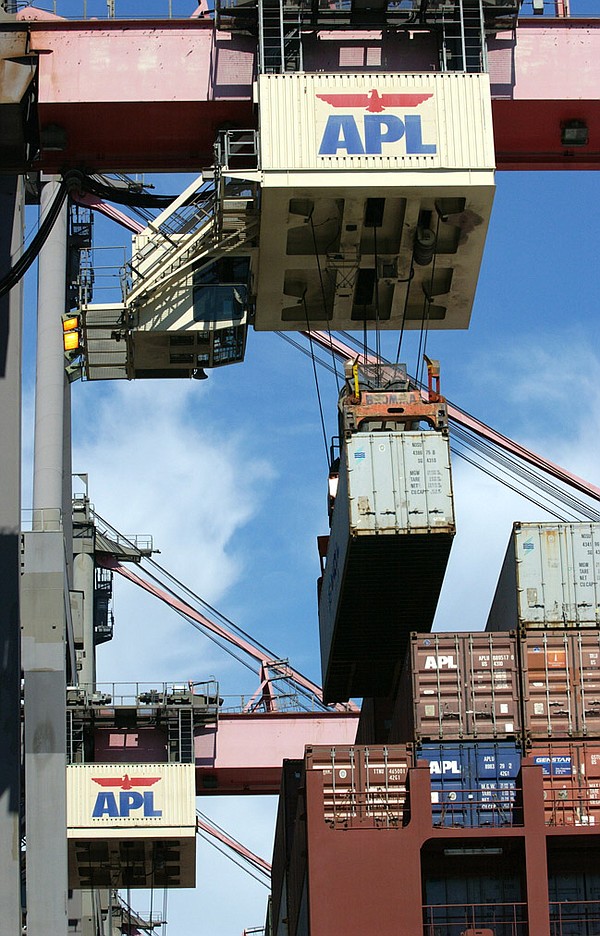IMPORT & EXPORT
Troubles Pile Up at West Coast Ports
After a week’s hiatus, longshore workers and their employers returned to the negotiating table on Feb. 12 while West Coast port operations were bogged down in cargo containers.
With no conclusion after two days of talks, President Obama said he is sending in Labor Secretary Tom Perez to push the sides to conclude negotiations.
The port congestion problem was not helped by an announcement by the Pacific Maritime Association—made up of the shipping lines and port terminal operators who employ the workers—that it would suspend vessel operations at the ports for four days because of work slowdowns. Closures were announced for Feb. 12, Lincoln’s Birthday, the weekend of Feb. 14–15, and Feb. 16, Presidents’ Day.
Meanwhile, port terminal operators and shipping lines have complained that the union is not sending enough qualified crane operators to clear cargo off the docks. “Weekend and holiday pay rates command a premium of at least 50 percent of the basic longshore wage rate. As a result, working hours on those days would be paid at between $54 and $75 per hour for longshore workers and clerks and between $77 and $92 for foremen,” the PMA said in a press release.
Yard, gate and rail operations to move cargo containers off the docks were to continue at the terminal operators’ discretion. Cargo containers vessels continue to stack up beyond the ports' breakwater, waiting for berths.
While the employers complained of a work slowdown, the longshore union blamed the shippers for using bigger ships that make it difficult to unload huge amounts of containers at one time. They also cited a shortage of wheeled chassis to transport the cargo containers.
Meanwhile, cargo containers were piled high on the docks and cargo-container ships were waiting for a place to park in various ports along the West Coast. On Feb. 14, there were 22 cargo-container vessels anchored beyond the Long Beach/Los Angeles port complex breakwater, waiting for a berth, according to the Marine Exchange of Southern California, which tracks ship movements in the area.
“It is looking busy out there,” said Capt. Kip Louttit, the Marine Exchange’s executive director. His maps show there are crowds of ships loitering off the coast of Mexico and more drifting beyond Oakland, Calif., to delay their arrival. “The logic is to drift out here with the generator going to save fuel or sit at anchor with the generator going,” he said.
This is the second shutdown of the ports in a week. The PMA announced a similar closure for Feb. 7–8, saying it made no sense to pay extra wages for less work.
The PMA has been negotiating with the International Longshore and Warehouse Union since mid-May over a new five-year contract to replace the one that expired on July 1.
In frustration over the long, drawn-out process, Jim McKenna, the PMA’s chief executive, called a press conference on Feb. 4 to outline the contract terms the employers were offering.
He said the PMA wanted to raise workers’ base rate of pay from $35.68 an hour to $40.68 an hour after five years. The employers also agreed to increase the maximum pension from nearly $80,000 a year to $88,000. Sections covering chassis maintenance and free healthcare have already been ironed out, he noted.
However, the ILWU was not accepting those proposals. The union hasn’t specified what kind of wage hike and pension benefits it would like for the contract, which covers nearly 20,000 workers at 29 West Coast ports.






















